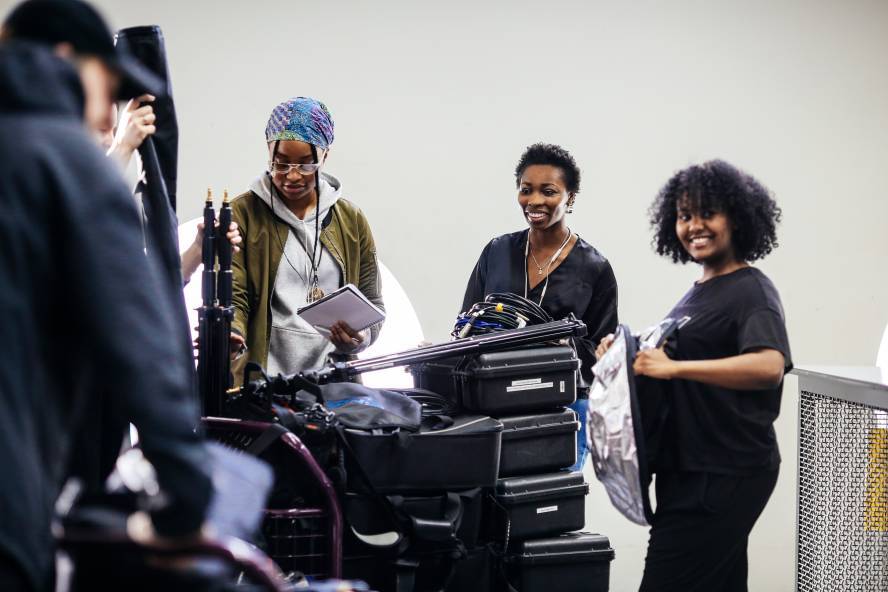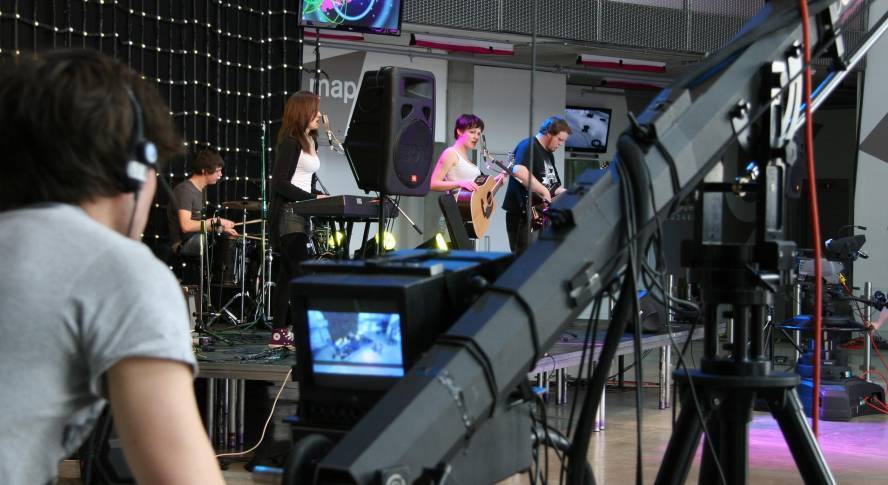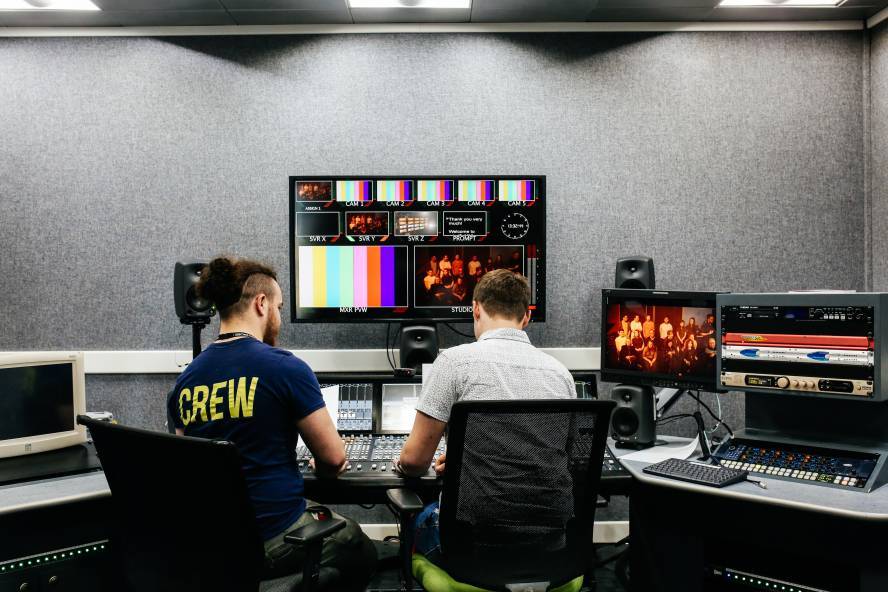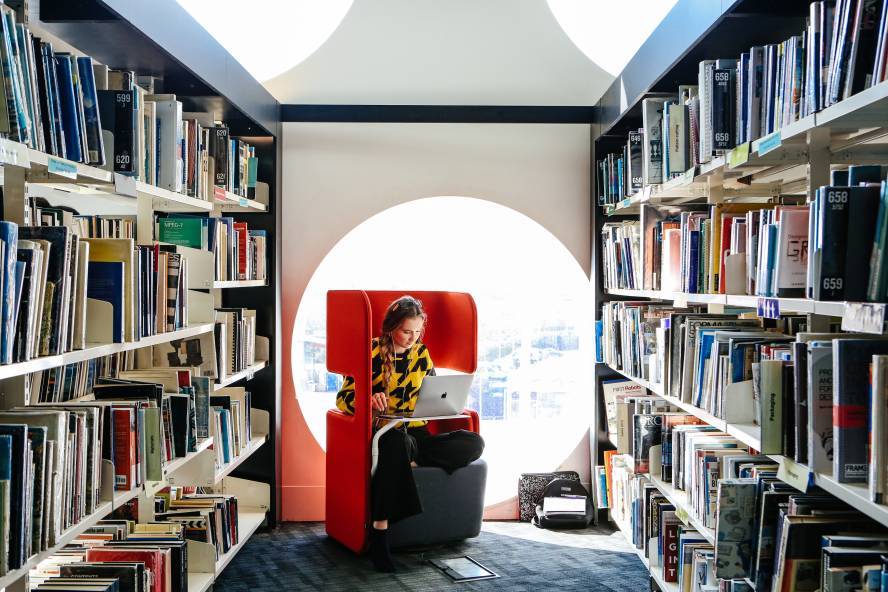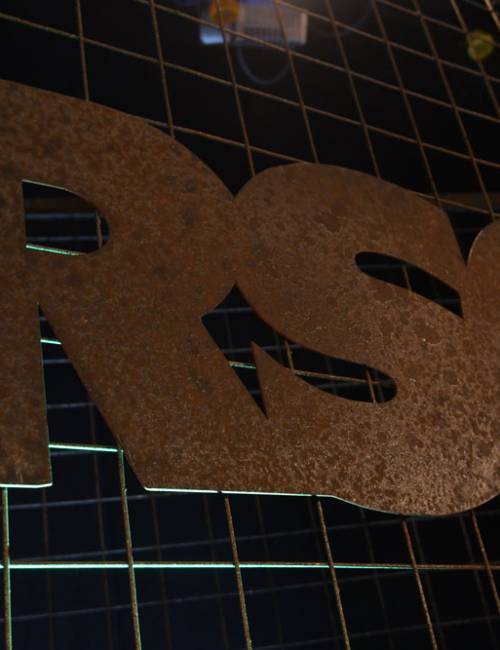BSc (Hons) Broadcast Engineering
Apply now:
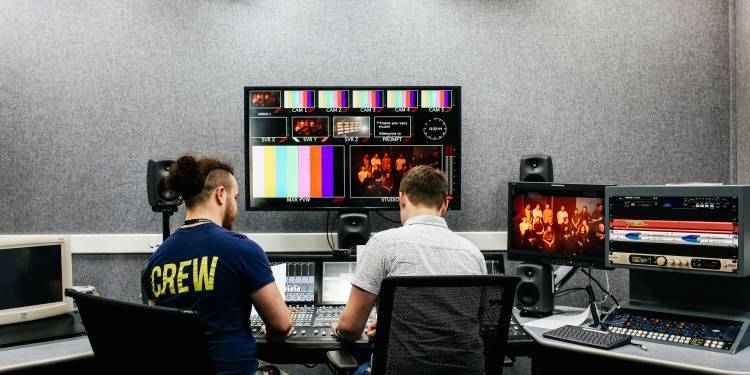
Currently reading: Course overview
Course overview
-
Starts: Sep 2025
-
Duration: 3 years
-
Mode: Full time
-
UCAS code: P312
-
Fees: UK: £9,535 (2025/26) / INT: £17,000 (2025/26)
Ideal for...future television broadcast engineers who wish to upskill in contemporary streaming and cloud computing solutions.
This is a reputable and unique broadcasting degree that will allow you to master the art of modern technical production. Including both pre-recorded and live events and covering a wide variety of broadcasting methods, You will gain a deep understanding of the industry and the principles of broadcasting.
Showcase
5 reasons to study Broadcast Engineering at Ravensbourne?
- 40 years’ experience: one of the most esteemed courses of its kind in the UK
-
Develop the right skillset and professional mindset to work in technical engineering and operations
-
Gain practical experience in studio and location operations, signal routing and fault finding through the whole audio-visual chain
-
Ideal for future broadcast engineers and TV broadcast crew
- Excellent alumni network of senior broadcast engineers.
quote 2
My favourite moment at Ravensbourne so far was our live television show day. It felt like we were all working on a real television show – it was all filmed live and we only had one shot at it. We were planning it for weeks in advance and it all came together so well.”
title
Digital opened the door to new ways of consuming streamed and on-demand content, including a multiverse of new channels. Broadcast now spans technologies ranging from radio wave transmission to internet-based streaming, virtual live production and more. There’s a wealth of opportunity for you to explore and conquer.
We have been teaching television and broadcasting courses at Ravensbourne University London for nearly 40 years, which makes this one of the most respected courses in the field.
This broadcasting degree enables you to develop the right skillset and professional mindset to work in technical engineering and operations within the sectors of live studio and outside broadcasting and streamed content. You will explore both traditional areas such as digital and satellite transmission, streaming and live events, and evolving technologies such as virtual production, advances in video and audio (like UHD and Dolby), the emergence of AI and other developments in technology. These topics are placed within industry standards so that you leave us ready to apply your learning to the workplace.
The academic framework is aligned to industry standards that govern broadcast regulations, grounding your learning in the professional world. You will gain practical experience in studio and location operations, signal routing and fault finding through the whole audio-visual chain. This diverse TV broadcasting course in London covers audio, video, broadcast, streaming, electronics, computing, infrastructure, systems and emerging technologies.
When you graduate with a BSc Hons degree in broadcast engineering, you will have developed first-class engineering skills gained through real-world technical and creative projects. Engineering students lead on the technical build, transmission and troubleshooting, and may take on key operational roles in camera and sound if required.
The course is taught through a mix of practice and theory-based learning that includes lectures, workshops, seminars, projects and self-directed study. Led by industry experts, you will develop an understanding of technical roles within television, technologies used in television and broadcasting, and fundamental principles of broadcast engineering.
We pride ourselves on our outstanding industry connections, which are designed to give you a truly immersive and professional experience, smoothening your entry into industry. Previous students have live streamed projects with The Royal Shakespeare Company’s education arm, along with other prestigious partners. We're also members of Society of Motion Picture and Television Engineers (SMPTE) Student Chapter, which exposes staff and students to a range of opportunities.
In fact, no other provider of TV broadcasting degrees can match the level of creative and technical freedom we give you to explore emerging technologies in collaboration with industry practitioners. Your career’s in safe hands.
Key study topics
- Digital and satellite transmission
- Streaming and live events
- Virtual production
- Video and audio (UHD and Dolby)
- Artificial Intelligence
- Technological developments.



